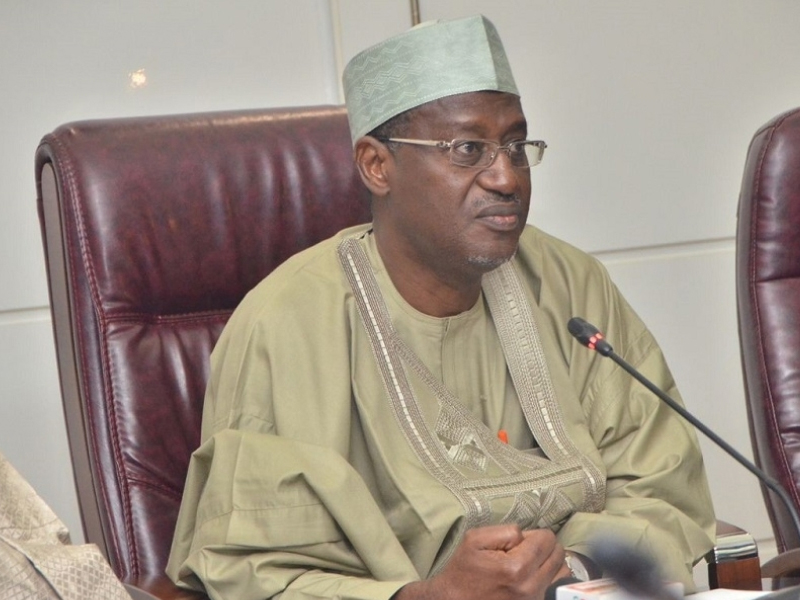The Federal Government of Nigeria, through the Ministry of Housing and Urban Development, is set to deepen collaboration with the Kuwait Fund for Arab Economic Development (KFAED) in a move aimed at expanding affordable housing and advancing sustainable urban infrastructure across the country.
This was made known during a strategic meeting held at the Ministry’s headquarters in Mabushi, Abuja, between the Minister of Housing and Urban Development, Arc. Ahmed Dangiwa, and a delegation from the Kuwait Fund led by its Director-General, Dr. Wahad Al-Bahar.
According to a statement issued by the ministry’s Director of Press and Public Relations, Badamasi Haiba, discussions focused on identifying areas of cooperation particularly in housing infrastructure, material production, and social housing delivery.
The Kuwait Fund, a prominent development finance agency for Arab economic cooperation, is exploring support for key initiatives of the Ministry, including the Renewed Hope Housing Programme and the establishment of six building material manufacturing hubs across Nigeria. These hubs are envisioned as regional industrial centres to lower construction costs and generate employment by localising the production of essential materials such as roofing sheets, doors, tiles, and fittings.
Dangiwa explained that each hub will sit on 200–300 hectares, fully serviced with basic infrastructure like roads, power, water, and drainage systems. He revealed that four investors are already in discussions with the ministry, and upon completion of site preparations, spaces within the hubs will be allocated for small, medium, and large-scale manufacturers.
Also under consideration is support for infrastructure development in Centenary City a 1,200-hectare district located along the Abuja Airport Road. The area is being primed for mixed-use development, including residential, tourism, industrial, and commercial components. The ministry is seeking investment to unlock its full potential.
Furthermore, the Renewed Hope Social Housing Programme remains a top priority. The ambitious plan seeks to deliver 100 housing units in each of the nation’s 774 local government areas. Under the initiative, 70% of the units will be sold to low-income earners at a subsidised rate requiring them to contribute only 30% of their income while the remaining 30% will be allocated to the most vulnerable, including displaced persons and those with zero income.
However, Dangiwa acknowledged funding constraints hindering the full rollout of the programme and appealed for international intervention to support its delivery.
Dr. Al-Bahar, in his response, noted that the Kuwait Fund is keen on backing impactful infrastructure and social development projects. He emphasised the importance of updated feasibility studies to aid the fund’s decision making process and ensure project viability.
In a related development, the minister also received executives of the National Health Insurance Authority (NHIA) Cooperative Society, led by President Abdullahi Yusuf. Dangiwa highlighted opportunities available through the Federal Mortgage Bank of Nigeria (FMBN) and Family Homes Fund, including single-digit mortgage loans repayable over 30 years. He encouraged cooperatives to actively participate in government-led housing schemes.
Yusuf disclosed that past engagements with private developers to secure homes for NHIA members ended in losses, with neither land nor refunds received. The cooperative is now seeking access to the FMBN Rent-to-Own product to help its members achieve homeownership under more secure and transparent conditions.
The Ministry of Housing and Urban Development reiterated its commitment to partnering with development agencies, cooperatives, and private investors to address Nigeria’s housing deficit and promote inclusive urban growth.




